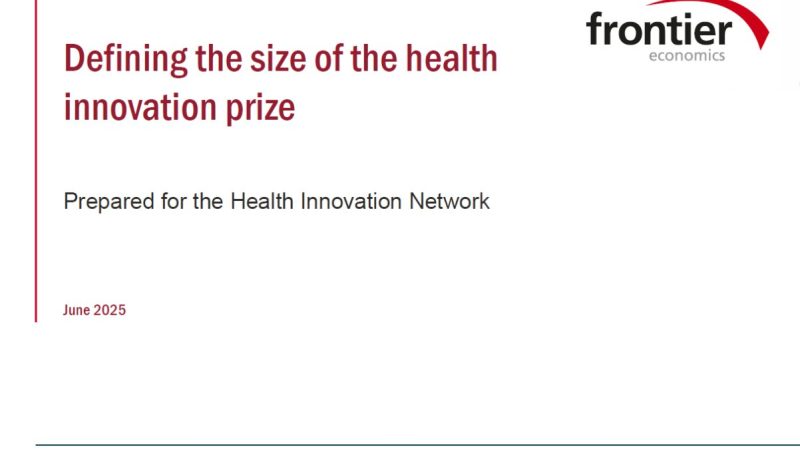UK ranks 18th out of 27 OECD countries on women’s labour market participation
 Research by consulting firm PwC reveals that the UK has made progress in narrowing the gender wage gap and increasing female labour participation, but this progress has not been fast enough as the UK still lags behind many OECD countries when it comes to overall female economic empowerment. PwC’s second Women in Work Index shows that the UK ranks in 18th position out of 27 OECD countries in the latest analysis based on a measure that combines five key indicators of female economic empowerment: the equality of earnings with men; the proportion of women in work, both in absolute terms and relative to men; the female unemployment rate; and the proportion of women in full-time employment.
Research by consulting firm PwC reveals that the UK has made progress in narrowing the gender wage gap and increasing female labour participation, but this progress has not been fast enough as the UK still lags behind many OECD countries when it comes to overall female economic empowerment. PwC’s second Women in Work Index shows that the UK ranks in 18th position out of 27 OECD countries in the latest analysis based on a measure that combines five key indicators of female economic empowerment: the equality of earnings with men; the proportion of women in work, both in absolute terms and relative to men; the female unemployment rate; and the proportion of women in full-time employment.
The UK’s absolute performance has improved since last year’s Index published last year due to particular efforts in gradually narrowing the gender wage gap and increasing female labour force participation. But other OECD countries have also made progress, meaning that the UK moved up by only one place to 18th position in the Women in Work Index. The UK is down from 14th in 2000 and 17th in 2007.
The Nordic countries continue to lead the Index, with Norway still taking pole position, followed by Denmark and Sweden. These three countries have consistently occupied the top three positions in the Index ever since 2000, the first year for which it has been calculated (see table in notes for detailed country rankings over time).
The Netherlands and Ireland have made the biggest progress on the Index since last year, with both countries moving up five positions, due in large part to narrower gender wage gaps.
Yong Jing Teow, economist at PwC, said “It is disappointing that UK women’s pace of progress in the labour market has been relatively poor since 2000. If we want to see a meaningful change to women’s economic empowerment in the UK, we will have to speed up the rate of change, otherwise we risk falling further behind other high income economies.
“Norway leads the way due to its low levels of female unemployment and low gender pay gap. The Netherlands and Ireland have made the greatest improvement since last year, largely due to a significant narrowing of their gender wage gaps. The economic crisis continues to take its toll on the absolute performance in the southern European countries. Portugal, Spain and Greece all saw their gender wage gaps widen and female unemployment rates increase in 2012, reflecting more general economic weakness in these countries.”
Gaenor Bagley, head of people and executive board member at PwC, said: “The low level of females in full-time employment is holding back both the UK’s economic recovery and women’s career progression. Despite the perception that flexible working helps women, our Index and wider research suggests that it could instead be holding them back in many cases. The reality on the ground is that people who work flexibly feel they have to work harder for promotion, are resented by their peers and don’t progress as quickly. The decision to go part-time is often made for short-term reasons, but unfortunately for women it often seems to have a wider, long-term negative impact.
About the PwC Women in Work Index (WWI)
PwC’s Women in Work Index (WWI) is a weighted average of five key measures that reflect female economic empowerment using data from the OECD and national statistical offices:
The gender wage gap (25% weight)
Female labour force participation rate (25% weight)
The gap between female and male labour force participation rates (20% weight)
The female unemployment rate (20% weight)
The proportion of female employees who are in full-time employment (10% weight).
These indicators are standardised, weighted and aggregated to generate index scores for 27 OECD countries. The index scores are on a scale from 0 to 100, with the average value in the base year of 2000 set to 50. The average index value for 2012 can, however, be higher or lower than this 2000 baseline so the index measures both absolute and relative progress.
For further information visit www.pwc.co.uk




